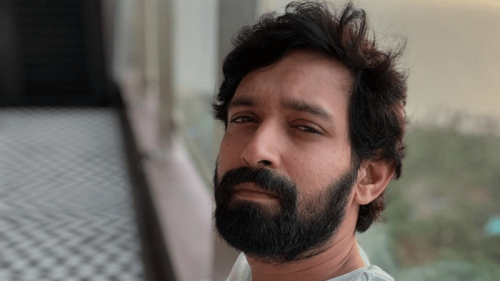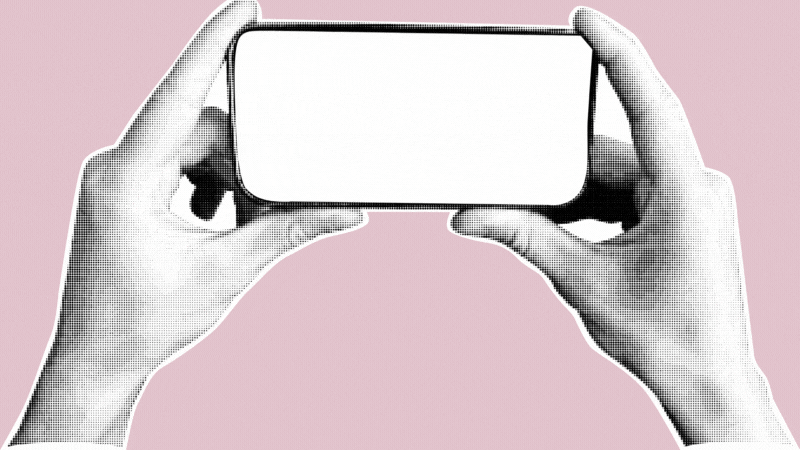KARACHI: Karwan-i-Hayat has held an exhibition of artworks by its patients which is a part of the psychiatric and rehabilitation treatment imparted by the organisation to patients.
Over 30 pieces of paintings, crochet work, calligraphy and rilli are on display at the Foundation for Museum of Modern Art (Fomma) till Feb 19, in a bid to create awareness and challenge the rampantly distorted view society fosters of the mentally ill.
From pencil sketching of birds, to tapestries and embroidery, patients were given a blank canvas to express their inner conflicts and anxieties and the shape they took on the canvas allowed them in a healthier way to accept and repair themselves.
According to Dr Omar Khan, representing Karwan-i-Hayat, the exhibition is the result of the treatments patients have been given, as extracurricular activities such as painting form a considerable part of it.
“Only a few of the paintings are by individuals as most have been worked on by different patients and so are part of the group effort of counselling. As the artists are merely expressing themselves, there are no captions allotted to them,” he said.
Dr Khan also spoke about the importance of maintaining the confidentiality of the patients, which is why most of the artists would not be in attendance, and if some did drop by to view their work, their anonymity would be maintained.
Fawzia Naqvi shed light on the importance of celebrating and encouraging such unconventional art ventures.
A recurring theme in most of the paintings on display was water with the artists either finding themselves surrounded by a water body, or gazing at it from a safe distance. A particular painting that stood out from the others was an arresting one in which a bridge divides water and land, and guides the viewer to a tree that is half blooming and half bare.
According to Dr Saadia Quraishy, the CEO of Mashal, Aman Foundation’s mental health initiative, she had come to extend her support for the venture and was excited to see efforts being made to normalise mental health and allow those who suffered from it an outlet to express themselves.
“This is a therapeutic activity as art is a very powerful form of expression for people who have a lot of distress but are unable to express it in a helpful way which causes them to be stereotyped in a negative way.”
It is important, she explained, to see beyond the mask of a mental illness and recognise the creative forces of the artist. “Art is an excellent way of allowing them the space to talk about their problems and difficulties.”
She also advised those visiting the exhibition to not allow their opinions to colour their perspectives and instead “recognise the artwork as an expression of normalisation and that the artists are people like us who have the same feelings and perceptions. It is important to recognise them as individuals and not by their illness labels.”
Published in Dawn, February 16th, 2017















































Dear visitor, the comments section is undergoing an overhaul and will return soon.